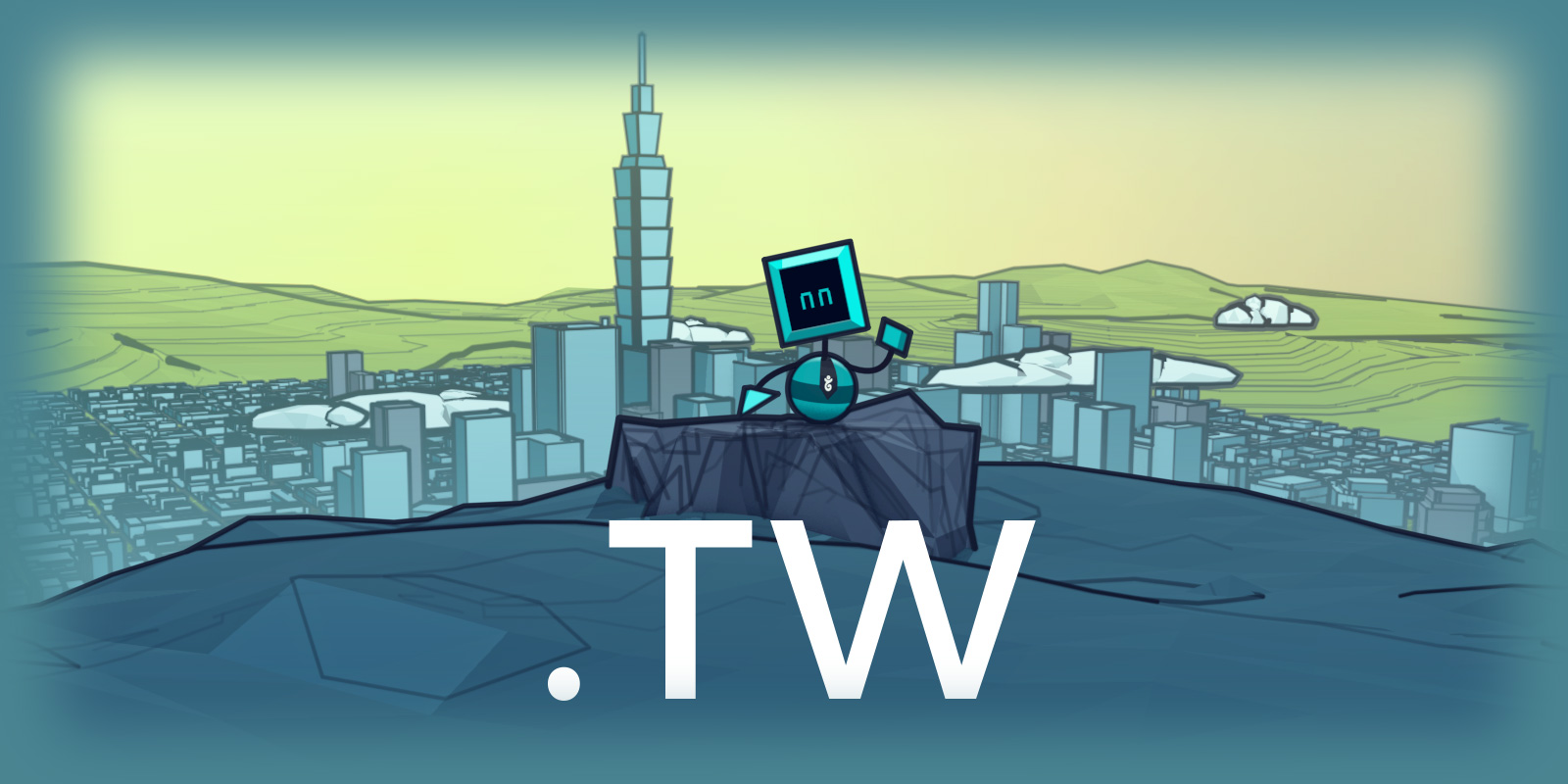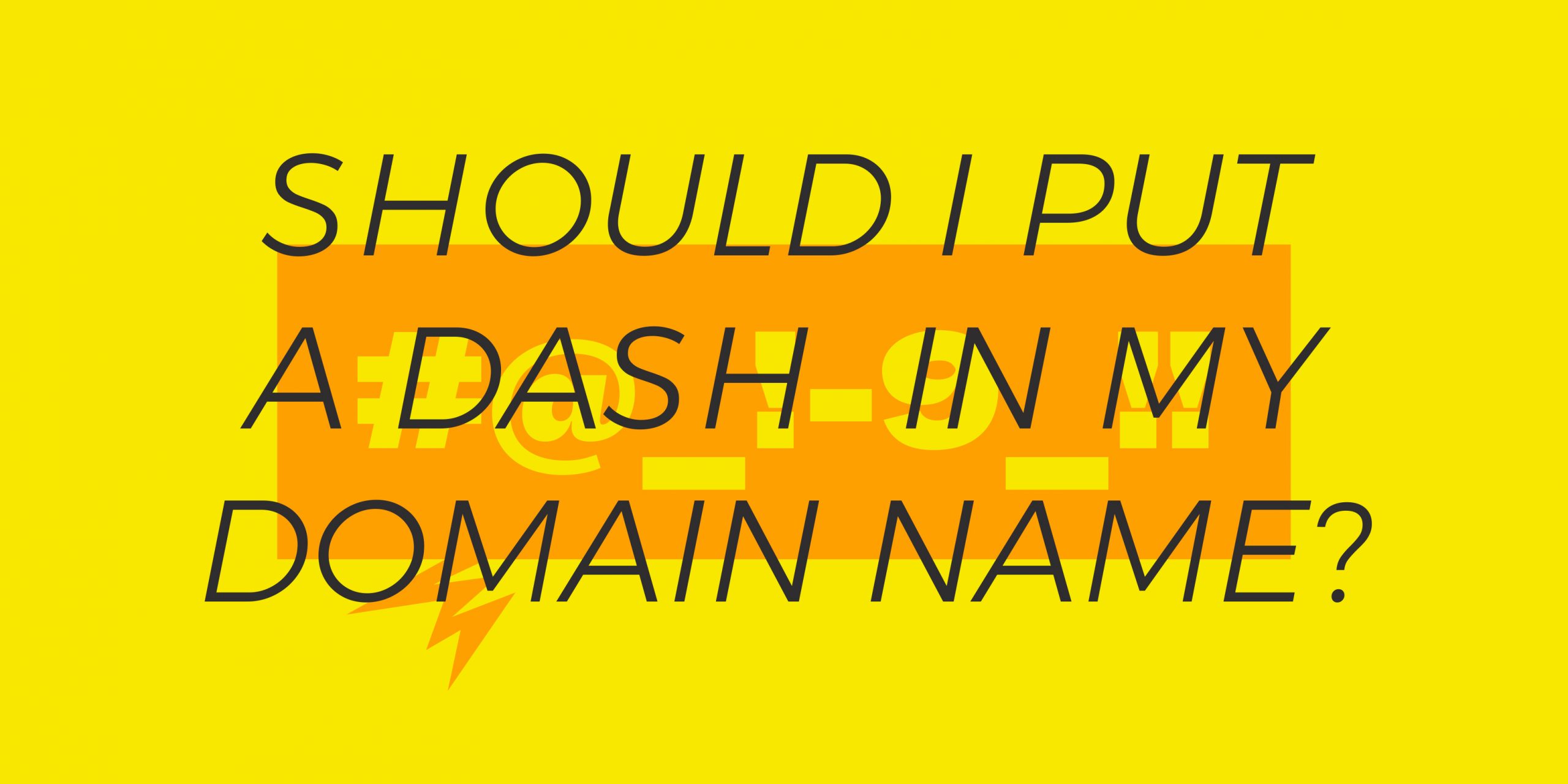So, you filed a compalint with Gandi’s Abuse department using the online form. And now you’d like to better understand how it will be handled. Or maybe you’re just wondering if it will actually be handled at all and wondering whether you’ll get an answer or any kind of outcome.
First of all, you should know that all abuse complaints we receive are investigated and receive a response. We are committed to doing our part to insure the security of internet users and the wider public and to protect our network from being used abusively. As such, we’re always at the ready to respond to your Abuse complaints.
Whether you use our form or you contact us directly by email (at abuse@gandi.net), you’ll first receive an automated email to confirm your request was received and a ticket number has been assigned to it.
What follows are a few insights on what happens to your request after that.
Is the complaint pertinent?
This is the first question our Abuse team needs to answer.
Be aware that this doesn’t mean the request isn’t important, but that it might, for example, be the purview of another internet actor.
A relatively common case is when a domain name is registered at Gandi but the website’s hosting is handled by a third-party service. If the complaint is about the content of a website, it should be directed to the site’s hosting provider.
As part of our team’s proactive approach, they’ll provide the contact information needed for your to identify and contact the hoster of the content in question in order that you can request them to take appropriate action.
Less often, the complaint might be a “false positive,” when a site or domain name seems illicit but is in fact not, for example cases of phishing training.
Next, our role is to evaluate all the information that you have brought to our attention, as well as those that are available to us via our internal tools, and to use this evidence to determine how best to follow up on your complaint. The lifetime of a particular service or receiving similar complaints are some examples of other evidence that might help us.
If the complaint is indeed about one of our customers and it’s pertinent, what happens next?
Analysis time
When we determine that a complaint is about one of our services, there may be more or less of a time lapse during which we’ll perform a thorough analysis.
If you would like to know the status of your complaint or provide additional information, please feel free to get back in touch with us, taking care to refer to your ticket number, or just reply to the automatic email you would have received to confirm your request, to avoid the administrative hassle of multiple tickets opened for the same case.
From analysis to action
You must be wondering why this analysis phase can be so long and why we can’t always immediately determine how to proceed with the complaints we receive.
In some cases, all the information available shows that what’s going on is manifestly illicit, there again, with the help of the evidence described above, our role here will be to suspend the service used fraudulently. We are also then able to get back to you relatively quickly, even immediately, to inform you of the actions that we have taken.
In other cases, we can only tell that the illicit activity seems to be the result of one of our customers’ service being pirated or hacked (for example, in the case of a pirated hosting server, the cybercriminal or criminals might insert a fraudulent webpage, like a phishing page, or could hijack an email mailbox in order to use it to send fraudulent emails).
Our role there would be to inform our customer as quickly as possible in order to allow them to secure their service. It takes some time, then, to notify our customer, and then give them time, with the help of our team, to correct the problem and secure their service with us in order to halt the malicious activity.
The time it takes for us to get back to you to let you know that the abusive activity has been terminiated and close the ticket can, therefore, be a bit long in this case.
If these insights were useful for you to better understand the progress of your Abuse complaints, you can find more information about how domain name abuse is handled via the DNS Abuse Framework.
The DNS Abuse Framework brings together industry best practices around the management of abuse, which Gandi has committed to follow alongside other domain name registrars and registries.
You can find out more here: http://dnsabuseframework.org/
Tagged in Domain namesSimple Hosting



